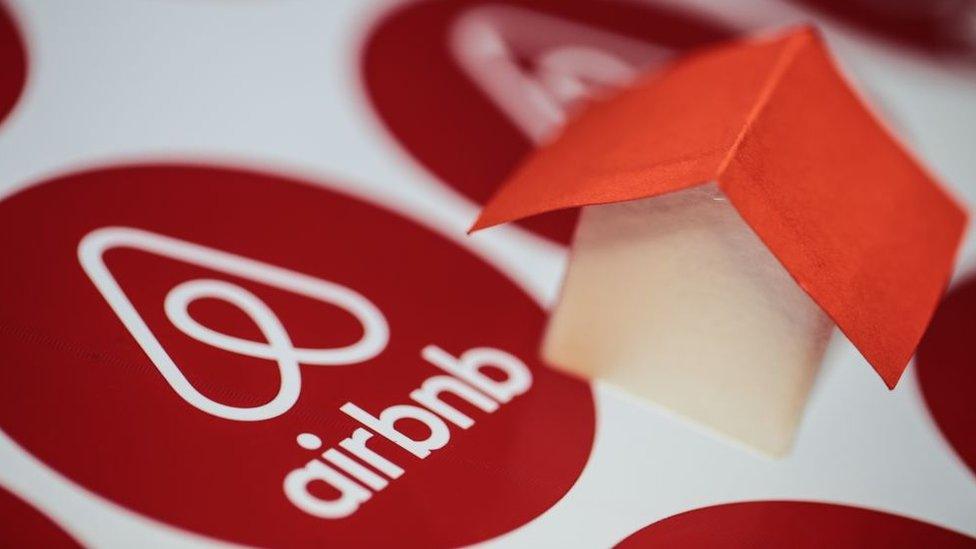Airbnb glitch cancels trips after deactivating user accounts
- Published
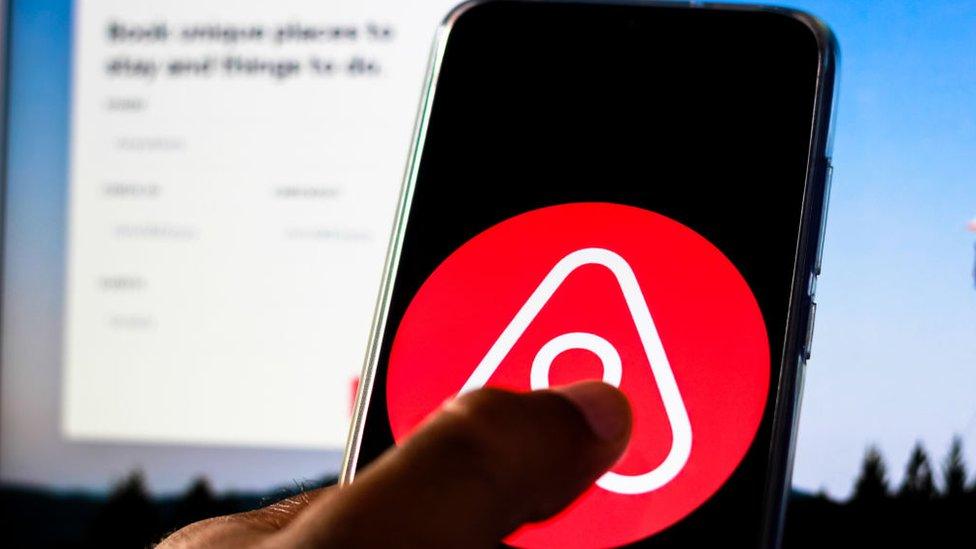
Airbnb accidentally cancelled bookings made by its users due to an internal glitch, the company has said.
The problem was caused during "routine maintenance" and deactivated some users' accounts, resulting in their bookings also being cancelled.
The company's Twitter help feed was inundated with both regular users and hosts affected by the issue.
Airbnb said the problem was a "system issue" at its end, and not a hack or data breach.
It also said "a very small subset of user accounts" were affected.
Some hosts complained online that they had had multiple bookings cancelled at once - with one reporting more than a dozen - and were not receiving any help from the booking firm.
"We apologise to those users impacted by this incident and have restored their accounts, in addition to providing rebooking support for impacted reservations," Airbnb said in a statement. It also promised a thorough investigation.
However, some hosts may miss out if their guests booked alternative accommodation after being told their stay was cancelled.
One cancellation email sent to a BBC employee told them their one-week stay had been cancelled and they had been refunded an amount of $0.
The email also encouraged paying customers to find a different nearby host to stay with.
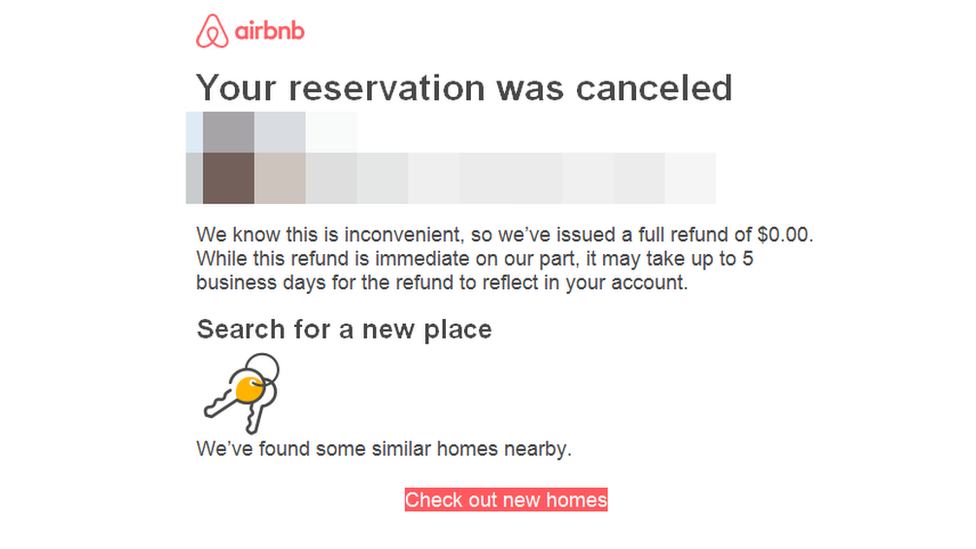
Neither the host or the guest cancelled this booking
"So angry with Airbnb right now!" one Twitter user wrote. "I did not cancel my guests' reservation, news to me!"
Another user, concerned that the error was a sign of someone accessing her account, wrote: "I've had an account for years, and today it was hacked, wiped, and my family's Thanksgiving reservation was 'cancelled' with only half of my $900 being refunded."
"Happened to me too on the hosting side and thousands in multiple bookings were cancelled. Now the dates are blocked per their host cancellation policy," another host replied.
It comes as Airbnb is widely rumoured to be preparing for an Initial Public Offering (IPO) to sell shares to everyday investors for the first time.
The company is reportedly hoping to raise some £3bn (£2.3bn) from the share sale.
- Published22 October 2020
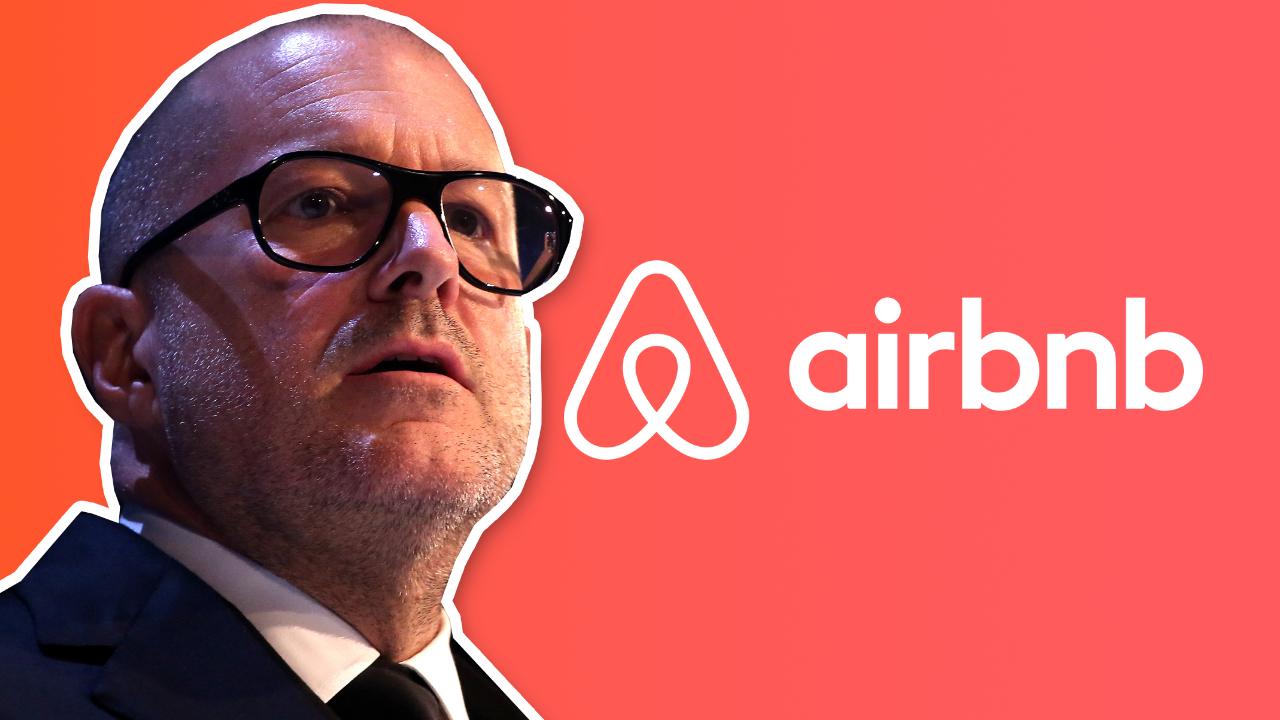
- Published3 October 2020

- Published22 September 2020
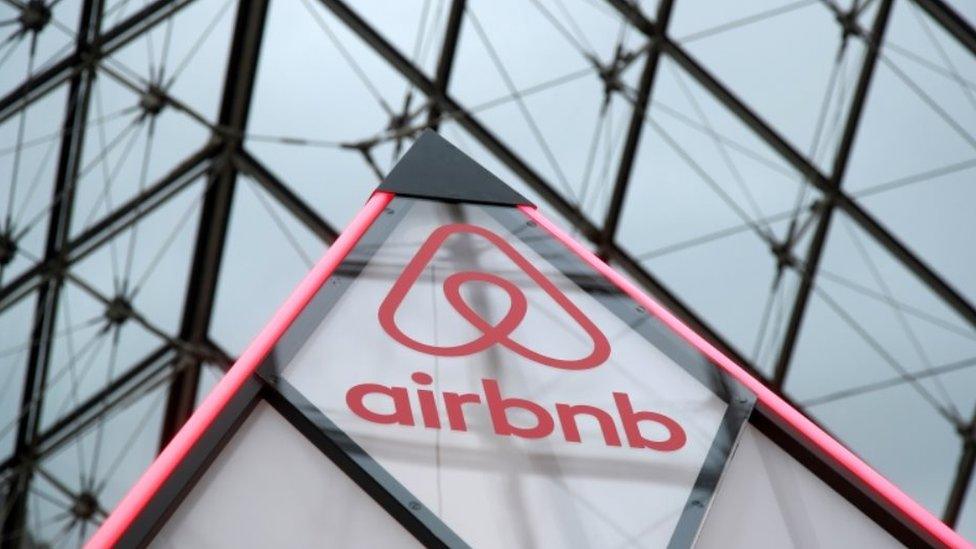
- Published20 August 2020
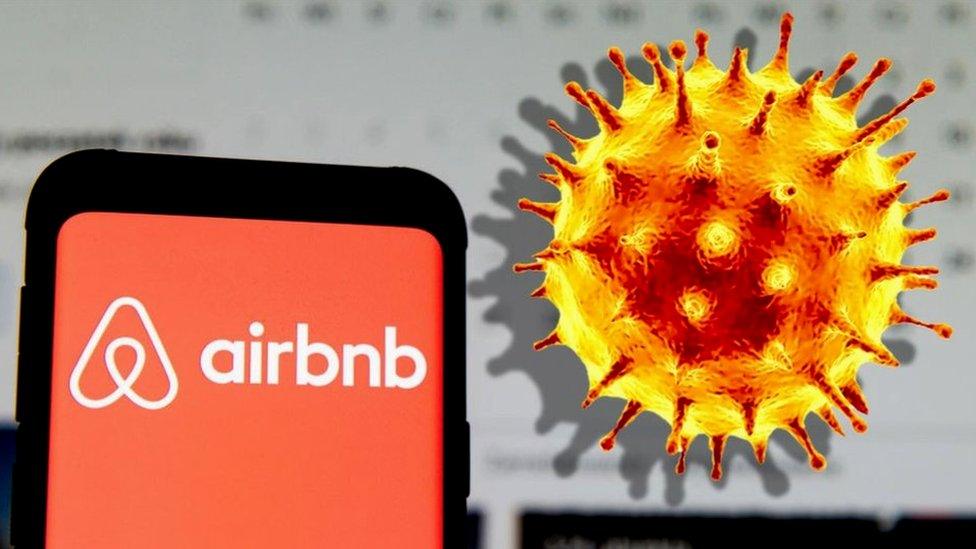
- Published20 August 2020
